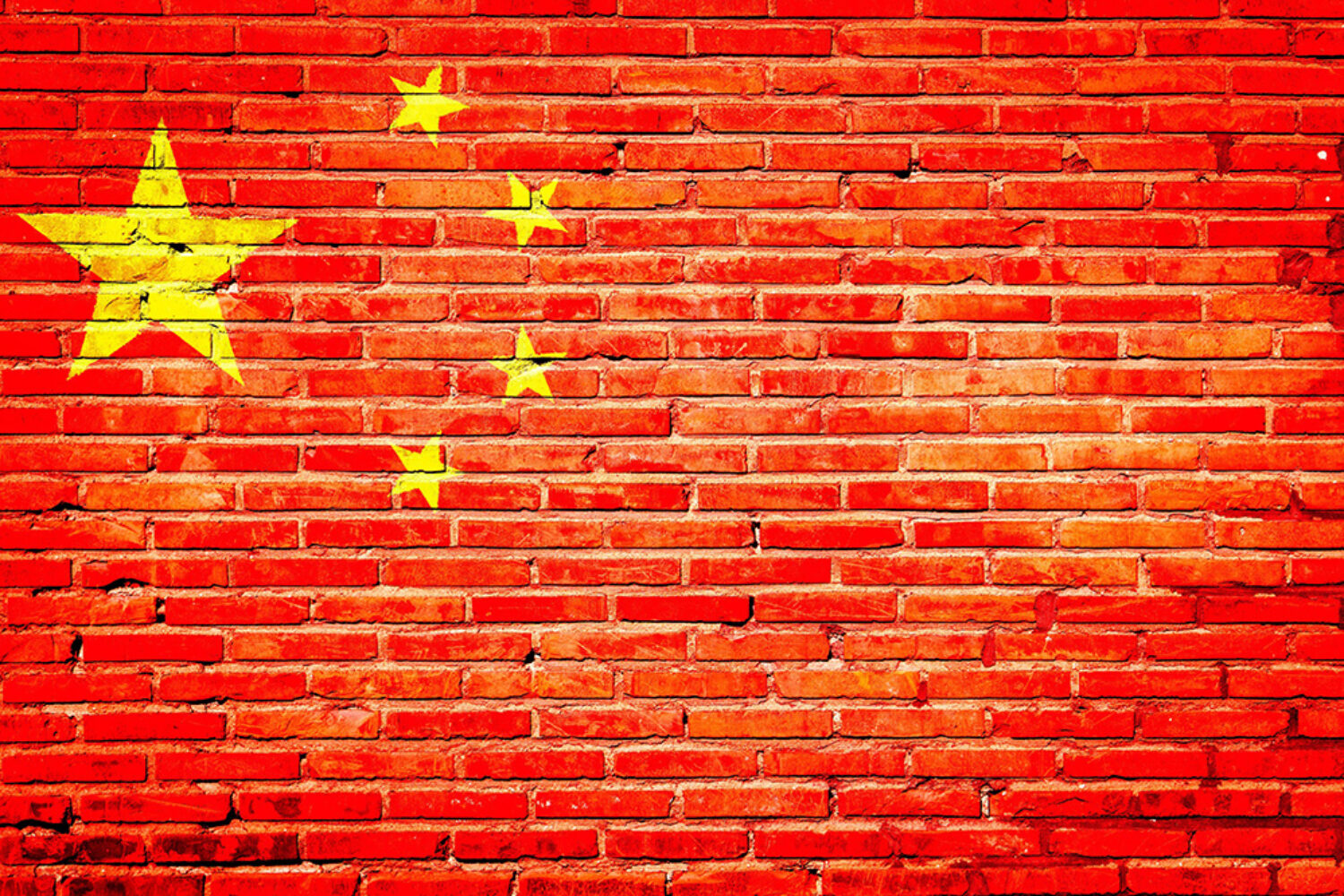Prompt reaction from Beijing: after US President Trump imposed global tariffs, the Chinese authorities have now imposed new measures themselves.
From April 10, further tariffs of 34% are to be imposed on all imports from the USA. China has also restricted the export of rare earths.
All goods shipped before April 10 and arriving before May 13 will not yet be affected by the new tariffs. The 34% figure has not been plucked out of the air: Trump imposed tariffs of the same amount on China on Wednesday, following two previous impositions of an additional 10%. This means that Chinese goods imported into the United States are effectively subject to tariffs of 54%.
China calls tariffs a “bullying practice”
The Chinese State Council stated that the US decisions were not in line with international trade rules and would “seriously affect” China’s rights and interests. Trump’s tariff policy is a “typical one-sided bullying practice”, according to Beijing.
Furthermore, the export of rare earths – a market dominated by China – is to be more tightly controlled and restricted with immediate effect. The metals affected include samarium, terbium and yttrium, which are essential in the manufacture of computers and smartphones, as well as in the arms industry. In addition, Beijing classified eleven US companies as “unreliable”, which allows the government to take punitive measures against them and makes it impossible for them to continue trading with China.
Tariffs will have a negative impact on trade
Niels Rasmussen, Chief Shipping Analyst at the shipping organization Bimco, sees the tariffs as a significant burden on the economy, especially agriculture. “The US agricultural sector is likely to be significantly affected as it exported $18.2 billion worth of goods to China, which is 23% of US exports,” said Rasmussen.
The tariffs are expected to have a negative impact on the dry cargo market, especially in the Panamax and Supramax segments. “Grain, coal and petroleum coke are the most important export goods in terms of volume,” said Rasmussen. “As these goods become comparatively more expensive, China is likely to increase imports from other trading partners such as Brazil, Ukraine, Indonesia, Russia, Australia and Mongolia. Conversely, US exporters could seek alternative markets for their goods. The tanker trade is unlikely to be severely affected by the tariff increases. China may turn to OPEC and Brazil to replace oil previously purchased in the US, and the US should also find other interested buyers.”
Share index collapses
With the new developments, global concerns about an escalation of the trade war are growing, and the shipping industry is expecting major losses. Following the announcements, the DAX fell by more than 1,000 points (approx. 5%), while the Eurozone’s leading index, the EuroStoxx 50, also lost 4.5%. In response to the US tariffs, car manufacturer Volkswagen, for example, halted all shipments to America until further notice. (JW)













